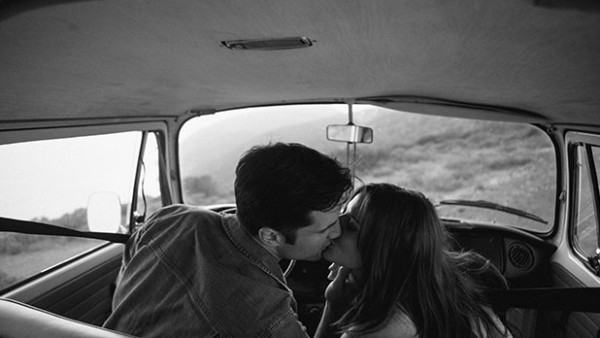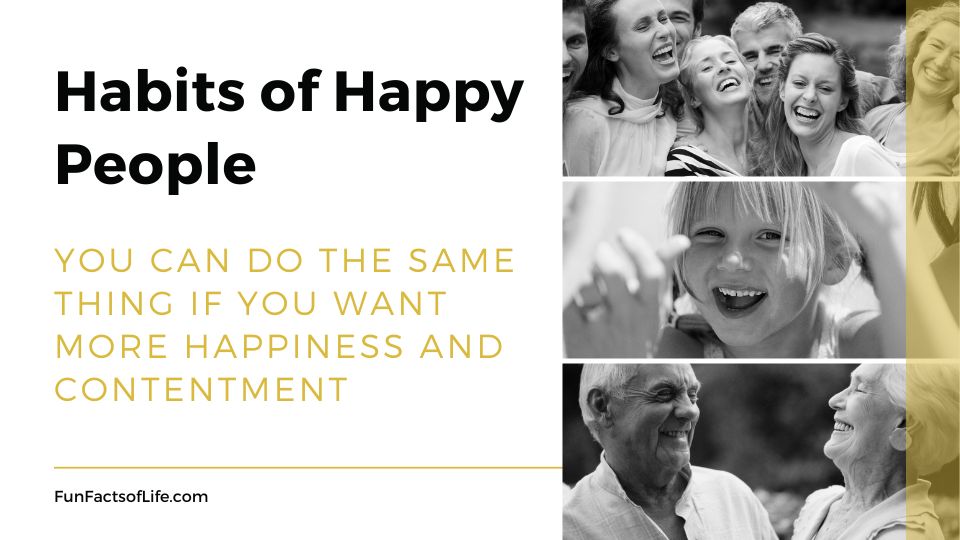
The Untold Truth About Kissing
There is an abundance of advice out there about how to become the world’s best kisser. The reality is kissing is extremely variable. People prefer different styles of kissing at different times and, since everyone does so in their own way, our techniques may change depending on our partner. Science has only just touched upon this complicated subject, but one bombshell we’ve found is that kissing may not be as essential to coupling as many of us believe. “Romantic kissing is more erotic and much more part of the developed sensuality than just a simple, everyday expression,” says William Jankowiak, professor of anthropology at the UNLV. This act, which seems so natural, may actually be a recent development in human history.
Why We Kiss
If you think about kissing as objectively as possible, it becomes weird very fast. In particular, the more intricate forms of kissing (like French kissing) can seem like it does little more than swap germs. So why do we do it? One of the most common theories is that mouth-to-mouth touching helps transfer information about physical health between partners. Our saliva carries all kinds of chemical information, and exchanging this directly might help us subconsciously evaluate each other to see if we are a good match for future mating. Kissing can also release many hormones that help us feel good, bond with our partner, and leave us wanting more.
Kissing is Not Universal!
Jankowiak and his colleagues looked at academic observations of 168 cultures from around the world to assess how common romantic or sexual kissing is among humans. The results surprised them: They found that the romantic-sexual kiss was present in only 46 percent of these cultures. In general, the less complex the culture was (think hunter-gatherers), the less likely they were to engage in intimate kissing. Parent-child kissing was present almost everywhere. This suggests that intimate kissing develops as societies become more complex, perhaps due to increased leisure time. “It’s a nice reminder that the world that we live in, and we think is so natural and so typical of just being human, is often an artifact of a particular historical moment in time,” says Jankowiak.
Warmer Climate, Less Kissing
Using Jankowiak’s data, anthropologist Alice Schlegel found an additional pattern: the warmer the climate, the less evidence there was of romantic kissing. In cold climates, however, even people in simpler societies showed some evidence of this act. Jankowiak thinks that, when more skin is available, there may be less reverence paid to the face and mouth because the options aren’t as limited. If you’re considering bundling up for some extra kisses, you may also want to throw on some red, as research has shown that women are more likely to consider kissing and dating men sporting this passionate color.
Good Kissers Have More Sex
No one wants their partner to be a bad kisser, but being a good one might matter more than you think. A study from the University of Oxford found that women put more importance on reported kissing prowess than men when deciding whether they want to have sex with someone. When descriptions of kissing ability were paired with a photo, the visuals seemed to impact whether women found a man attractive or wanted to continue getting to know him. Still, photos didn’t change the significant influence that purported kissing quality had on the women’s decisions about whether they would sleep with a man or consider a long-term relationship with him.
Why Good Teeth, Breath, and Taste Matter
Women do have some physical traits they think make for a good kisser. According to a study of 1,041 college students published in Evolutionary Psychology in 2007, women were more likely than men to base their kissing evaluations off chemical signals, like breath and taste. Women were also more likely to care about the appearance of their partner’s teeth.
Bad Kissing Can End A Relationship
University of Albany psychologist Gordon Gallup surveyed 58 men and 122 women, asking them the question “Have you ever found yourself attracted to someone, only to discover after kissing them for the first time that you were no longer interested?” In total, 59 percent of men and 66 percent of women answered “yes.” This may have to do with technique, but the chemical information exchanged could also play a role.
For Women, Less is More
The same study that found that women put a premium on oral attractiveness also found that men are more likely to prefer wetter kisses with tongue. This means, if you want to please your lady, you’re probably better off keeping things more tight-lipped. For women looking to improve, men said they also liked it when their partner initiated tongue action and made moaning noises.
Don’t Skip to Sex
One last piece of advice from that 2007 research: Women want to kiss before sex. While 52 percent of men in this study said they would skip kissing and go straight to sex, around 85 percent of women wanted to kiss a romantic partner before jumping into bed with him. In general, women rated kissing as more important than men, and the value they gave it remained consistent, even as relationships continued.
Kissing is Key to Long-Term Relationships
A paper published in the Archives of Sexual Behavior makes it clear that kissing — whether innate to our species or not — is meaningful to those of us whose cultures do it. There were two surveys in this research. The first had 335 respondents and found that the longer people engaged in post-sex affections, like kissing and cuddling, the higher their sexual satisfaction. This also resulted in higher overall relationship satisfaction. In the second survey (of 101 people), the respondents reported daily post-sex affections and satisfaction. Researchers found that the link between post-sex affection and both sexual and relationship satisfaction held in these detailed accounts. They also found that longer and more high-quality sessions of affection during the study period predicted higher satisfaction three months later.
Kissing Process :
1. Face and Mouth
Oddly, it all starts with a tilt to the right. Eighty percent of people angle their head that way when going in for a kiss.
You make contact and. . .sensory explosion! Lips are up to 200 times more sensitive than supersensitive fingertips.
Meanwhile, your nose is buried in his scent, which may be emitting subtle chemical attractants that could intensify your arousal.
A quick peck uses a couple of muscles, but kissing passionately engages some 24 facial muscles—plus 100 others in the body. (A fierce make-out might slay up to 100 calories.)
Your salivary glands begin their own workout, pumping out extra spit. During a real tongue twist, about nine milliliters of your saliva finds its way into his mouth (and vice versa). The gross news: That juice is teeming with as many as 1 billion bacteria. The better news: 95 percent of those are harmless.
2. Blood Flow
If you’re really into this dude, the kiss sends shock waves throughout your body that can increase blood flow to certain areas. Think stiffened nipples, fluttery stomach, tingling genitals.
3. Adrenal Glands
Sensing the hubbub, the adrenal glands unleash adrenaline. Cue a pounding heart, heavy breathing, or sweaty palms. (If you two become a couple, kissing could eventually trigger an opposite effect—peace instead of passion.)
4. Brain
The physical thrill may prompt your brain to cue up dopamine, a neurotransmitter associated with pleasure. At the same time, other parts of your brain are shutting down negative emotions.
Your lip locking may also have prompted your pituitary gland (and his) to release oxytocin, the “bonding hormone.” You two might already be forming an emotional attachment.
5. Mood
Any kind of make-out can reduce tension and hike happiness. Duos who kiss frequently are more likely to have long, satisfying relationships.








